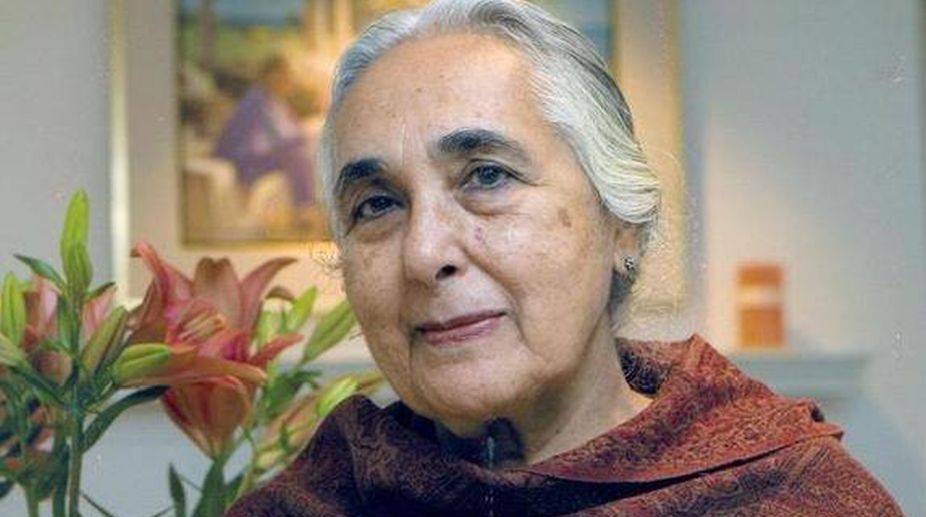The fifth convocation of Presidency University will be noted for the exceptionally profound and the profane.
The first category must cover the distinguished ancient Indian historian, Romila Thapar’s convocation address, remarkably bereft of sanctimonious homilies that mark such occasions, but dense in its content and with an implicit message to the establishment.
The other side of the coin was marked by the rumblings of students’ opposition to the move to put in place an “apolitical students’ council”, replacing the traditionally politicised students’ union. With tongue firmly in cheek, Prof Thapar conveyed the pregnant message that “it has become fashionable to quote the Vedas, but these ancient texts also teach people to question the knowledge gathered”.
Small wonder that the observation was greeted with resounding applause from the audience. She has thus emitted a stark signal for the Hindutva lobby, which as often as not cites ancient Indian texts and discourages debate on contentious issues.
Nay more, there is a pronounced tendency to de-toxify history and the content of texts. The former Professor of Jawaharlal Nehru University has in effect urged the far right to answer EH Carr’s famous query ~ What is History? It is the truism of the discipline that has been ignored.
Prof Thapar has utilised the opportunity to remind the audience that education can never be restricted to the garrnering of information; it also entails “critical thinking”, indeed to “question what we have learnt”.
The caveat recalls the distinguished historian who once headed the History department of Presidency College, the late Ashin Das Gupta’s famous advice to his students ~ “If you read for five minutes, think for ten.”
Prof Thapar has scanned similar ground when she asserts that “in this process, knowledge can be advanced. Learning is not learning if it remains static. The process of asking questions and seeking answers has an ancient ancestry”.
A book on history ~ authoritative or standard text ~ can help one to collect data; however, as in any other social science discipline, interpretation is a matter of subjective reflection… and ought not to mirror the perceptions of the party in power.
Prof Thapar’s robust presentation is applicable to all universities ~ central, state, or private. Closely intertwined with campus development is the imperative to delink politics from students’ unions, as the Lyngdoh committee had once recommended. It isn’t a state embroidery.
This is the fundamental that the raucous students, who raised slogans during the convocation, ought to realise. True education minister Partha Chatterjee, who didn’t attend the convocation, has been less than effective.
But this hardly warranted pedestrian slogans, still less swipes at the Vice-Chancellor. Romila Thapar deserved a refined reception.











